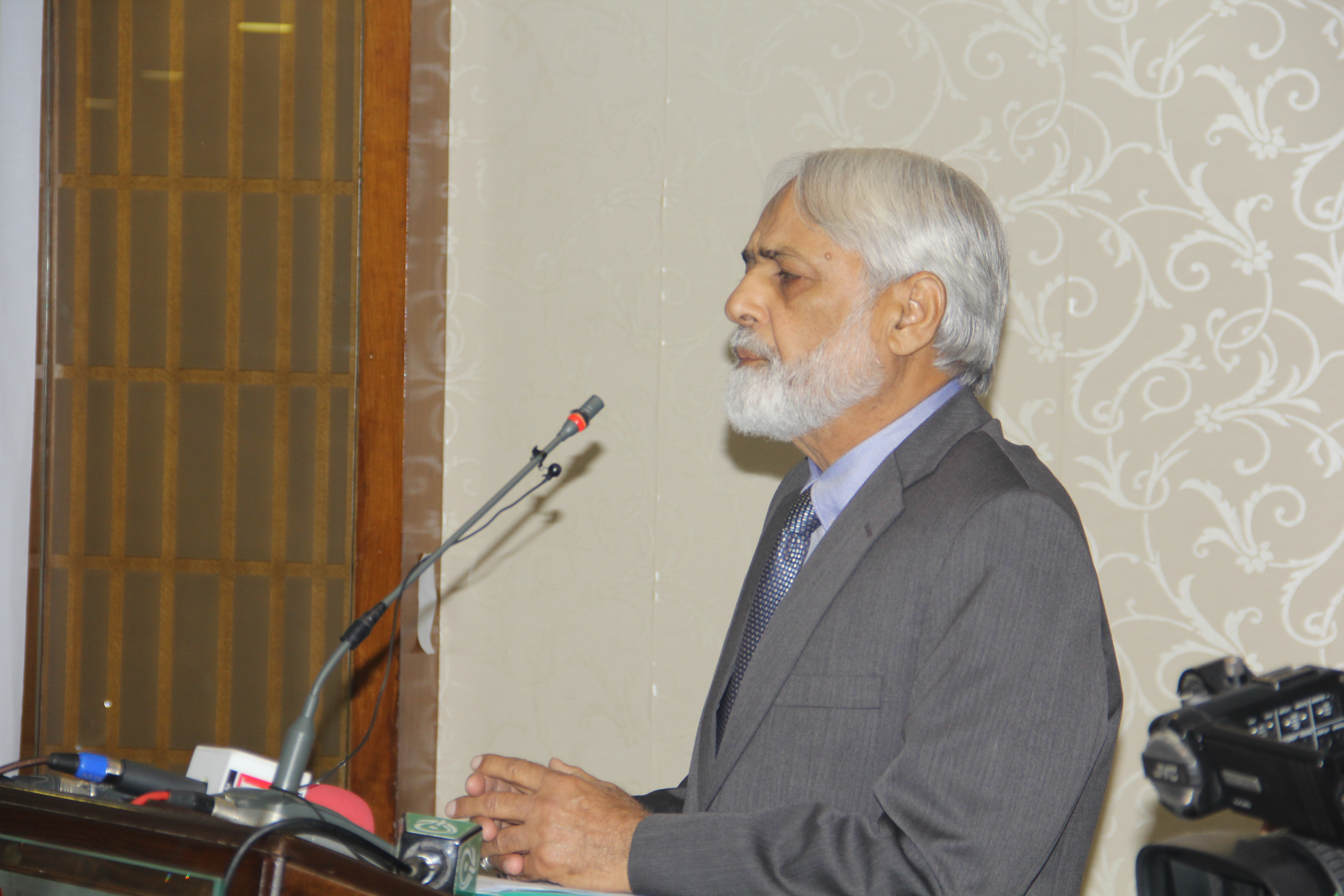By Syeda Mamoona Rubab
According to FATF’s assessment, Pakistan implemented only 5 of 22 agreed action points. Syeda Mamoona Rubab what all remains unaddressed
After narrowly escaping the Financial Action Task Force’s (FATF) dreaded blacklist, the government has renewed its resolve to make necessary changes in its counter-terror financing and anti-money laundering regimes within the four-month deadline given by the watchdog to exit from the list of countries under the scanner for absence of safeguards in their financial systems against exploitation for illegal transactions.
Political assurances were extended at the meeting of FATF in Paris, in which it was decided to extend Pakistan’s stay on the grey list for another four months. These assurances were publicly reiterated by Foreign Minister Shah Mahmood Qureshi and Prime Minister’s Adviser on Finance Abdul Hafeez Sheikh through their statements which came later. Both primarily reaffirmed the government’s commitment to complete the implementation of the 27-point action plan agreed between Pakistan and the FATF in June 2018 at the time of placement of the country on the grey list.
According to the FATF’s assessment, Pakistan’s government had over the past 15 months, since it was put on the grey list, fully implemented only five of agreed action points, while the remaining 22 were at various levels of progress. Therefore, major concerns including ineffective inter-agency cooperation, low conviction rate in terror financing and money laundering offences, action against UN-proscribed individuals and entities and poor awareness about terror financing and money laundering risks in the private sector have not been adequately addressed
It would be wrong to assume that what happened at the Paris Plenary of the global watchdog was unexpected although we were being made by the government to believe that notwithstanding intense lobbying by India, Pakistan was all set to be removed from the grey list. Those following the FATF reviews would recall that there were warning signs all along that the action plan was not being implemented to the satisfaction of the watchdog. Pakistan had missed the January 2019 and May 2019 deadlines on the way and on each occasion there was a caution that Pakistan quickly needed to get its act right and catch up.
But, then what happened? Pakistan was awarded a failing grade at final evaluation and asked to overcome its shortcomings by February 2020. It may be a little too ambitious by Pakistan’s standards, in terms of the progress made since June 2018. This is not to say that Pakistan hasn’t done anything as yet and probably the chief consideration as FATF decided to give four more months to Pakistan was that some remedial actions were taken and authorities were cooperating.
However, what was particularly surprising in the FATF statement was its harsh, rather threatening, tone. “We are giving a very clear warning…if by February 2020 the country has not made significant progress, we would consider further actions, which potentially include placing the country on the Public Statement, also referred to as the blacklist,” FATF President Xiangmin Liu said at a news conference held in Paris to announce the outcomes of the Plenary, which included announcements on exit of Sri Lanka, Ethiopia, and Tunisia from grey list after implementing the agreed plan.
Therefore, the writing is on the wall for Pakistan. It has to act and act fast. It is no more business as usual. There is little doubt that inclusion in the blacklist would have dire consequences for the economy, which the government claims is gradually recovering after mismanagement of previous governments.
While the Finance Ministry, lead agency on FATF-related matters, formulates its strategy to make the best out of the additional time given to Pakistan, it needs to bear in mind that the chief concern at the global watchdog with regards to the Pakistani case is terror financing, though money laundering is also on the priority. Therefore, any strategy should make the rectification of strategic deficiencies in counter-terror financing regime the focal point of the effort. This may include going ahead with action against listed groups and individuals; making oversight on the working of charity groups effective; and bringing real estate, precious metal/stones; and other private channels of transactions under greater scrutiny.
The other weak point has been the failure to put in place an effective intra-agency and inter-provincial coordination mechanism through which they could share information and cooperate on dealing with the challenge.
Officials, when contacted, however, sound hopeful that the new deadline would be met because of the serious resolve with which the matter is being tackled now. It should be recalled that the government, 14 months after being placed on grey list, constituted a high-powered 12 member committee in August to the coordinate the implementation of the action plan agreed with FATF. Interestingly, that committee too was then given December 2019 deadline to complete FATF related tasks. Probably the authorities were at that time also hopeful of getting some extra time.
That said, the politicization of the FATF process is also a reality. Although Pakistan must make progress on the action plan, its removal from the monitoring mechanism under the watchdog’s global anti-money laundering and counter-terror financing compliance process will eventually depend on the geo-political environment.
The writer is a senior researcher at Islamabad Policy Institute. She can be reached at mamoona.rubab@ipi.org.pk





























